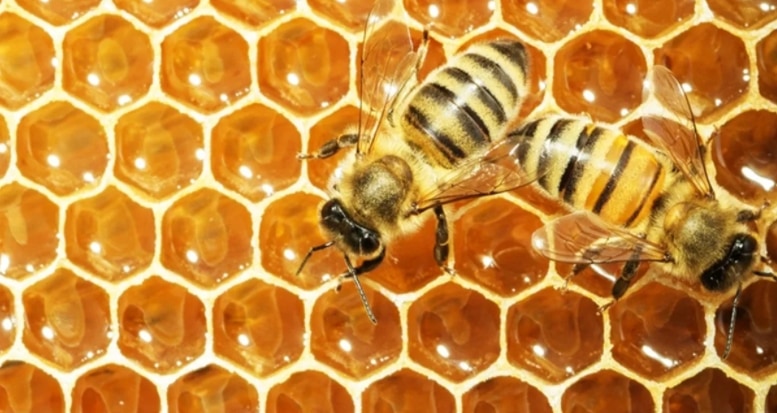
Beekeepers this year in the United States reported the second highest annual loss of managed honey bee colonies since records began in 2006, according to results of a nationwide survey released Wednesday.
The non-profit Bee Informed Partnership (BIP) said in its preliminary analysis that beekeepers—ranging from small backyard keepers to commercial operations—lost 45.5% of their colonies between April 2020 and April 2021. The results are based on a survey of over 3,300 U.S. beekeepers managing a combined 192,384 colonies.
“The worrisome part is we see no progression towards a reduction of losses.”
“This year’s survey results show that colony losses are still high,” said Nathalie Steinhauer, BIP’s science coordinator and a post-doctoral researcher in the University of Maryland Department of Entomology, in a statement.
The annual loss is 6.1 percentage points higher than the average loss rate of 39.4% over the last 10 years, the researchers said.
“Though we see fluctuations from year to year,” said Steinhauer, “the worrisome part is we see no progression towards a reduction of losses.”
During winter beekeepers reported […]











The recent 11 billion lawsuit won against Round-up is a hopeful sign. The rise in popularity of organics is another. I’m hoping the pesticide and herbicide industry will join the planet and the human race one of these days. I keep signing petitions, planting butterfly and bee friendly plants, never buying non-environmentally sound products, and donating to environmental groups. If enough of us do that much, we can help nature heal. Is that too pollyanna-optimistic? “Enough of us,” that’s what it’ll take.
I agree with you, Mary, and do my part to offer bees the plants they need. We should all save the bees. Einstein said “When the bees die, so will the humans” a long time ago. He Knew!